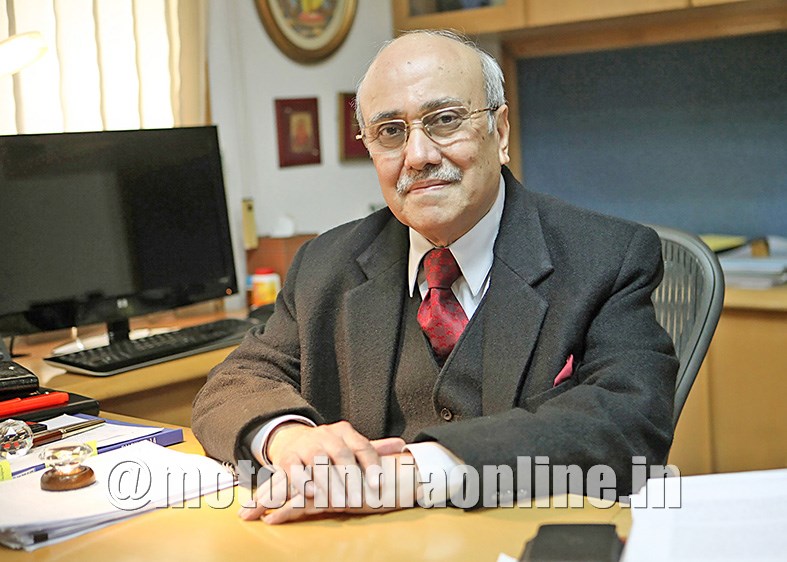Also, in the wake of funds collected through steep penalties for traffic violations, the International Road Federation has suggested setting up a road safety fund

While welcoming the Union Government’s decision to apply steep penalties for traffic violations, the International Road Federation (IRF), a global road safety body working for better and safer roads worldwide, has made a suggestion that such changes in the Motor Vehicle (Amendment) Act 2019 should be carried out in a ‘gradual’ way. “The recent amendments which will enforce levying steep fines for traffic violations cannot be faulted; they must be commended. But care should be taken that the fines are imposed gradually on traffic violators in the sense that if the increase is from Rs. 100 to Rs. 1,000, the first year it should be Rs. 250, second year it should be Rs. 500 and the third year it should be Rs. 1,000,” said K.K. Kapila, President Emeritus, IRF and Co-Chairperson, FICCI National Committee on Transport Infrastructure.
“Law enforcement must have an implied message that it is for the benefit of the person being regulated and not for any other purpose. The new MV Act needs public education. The fines collected from traffic violators should be exclusively used for road safety and not for running the government. A separate ‘Road Safety Fund’ as directed by the Supreme Court should be set up from the funds collected from traffic violations,” Kapila suggested.
“The corpus of the road safety fund should be used for automation of traffic enforcement, installation of intelligent transportation systems, and devices to improve traffic safety. The operation and maintenance of such systems should be outsourced on a public private partnership model. This will help in curtailing ‘false’ and ‘entrapped’ fining by the enforcement agencies,” he added.